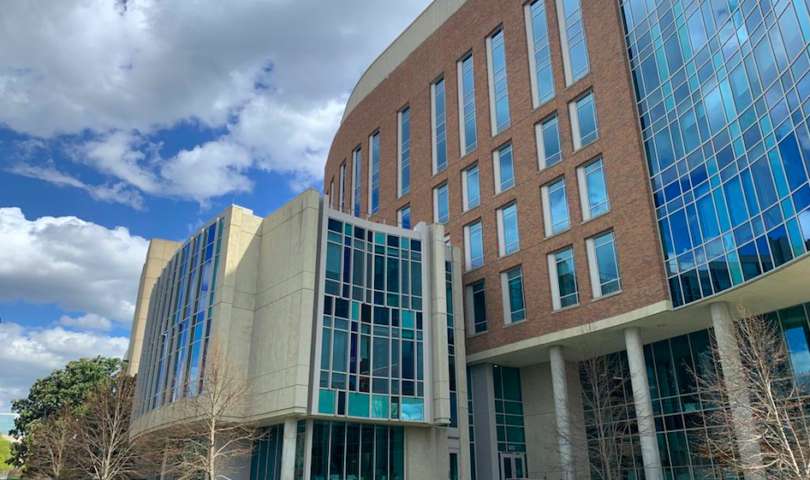
Twenty-three. That’s the number of colleges I applied to last year. Back then, I was a naïve high school senior who, on numerous occasions, thought to myself, “One of them has to give me a full ride, right?” My application list was a blend of public and private institutions that one-by-one sent over my financial aid package, one-by-one humbling me further than the last. Thus, my decision quickly shifted from where I imagined myself to what financial aid the institution offered.
Vanderbilt University, a private institution in Nashville with a 7% acceptance rate, recently sent out a student bill for almost $100,000. These universities setting themselves apart under the guise of “rising costs” are nothing more than a means to separate the vast majority of qualified applicants from a select pool of wealthy students more likely — and able — to front the full bill.
In Vanderbilt’s case, both the university and employment theories have reinforced a notion that the price tag is worth the name, yet this logic doesn’t actually guarantee employment. All it does is pressure students into following misguided academic dreams to a Niche top-ranked institution rather than thoughtfully considering their more affordable options.
Application fees, AP exam or dual enrollment costs, SAT and ACT exam fees and tuition sticker prices already hold lower and middle-income students back from applying to select private institutions, so it leads one to contemplate the value of a degree at a public college compared to a private institution.
While ultimately the decision is the student’s, the college culture starts with us. When society and employers place less emphasis on the college rather than the candidate, we tell students that success begins and ends with themselves, not their college or university.
sglisson@ramapo.edu
Featured photo courtesy of BugsMeanee, Wikipedia






